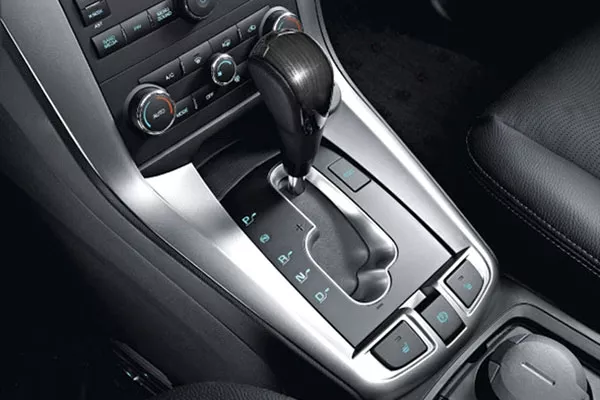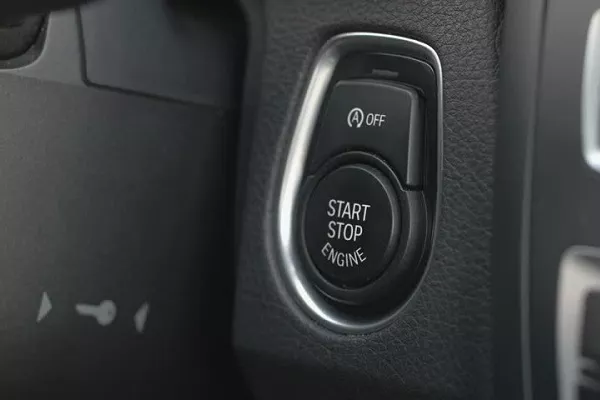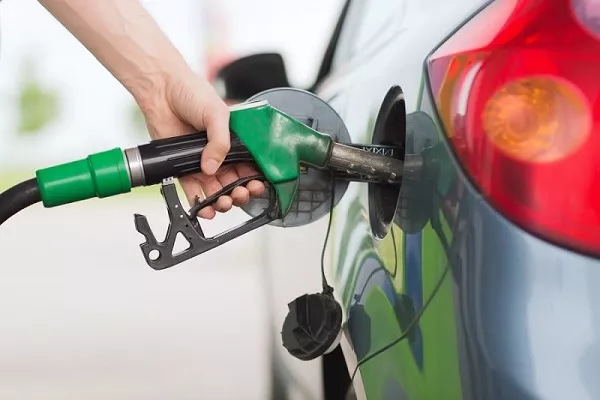Starting a car consumes more fuel than keeping the car in idle mode; manual transmission has a better fuel economy than automatic; the engine needs to warm up before departure, etc. Above are some of basic misconceptions about fuel-saving. Let's find out more.
1. Manual transmission car is more fuel efficient than automatic transmission.
In fact, automatic gearboxes are equipped with state-of-the-art technology that helps reduce fuel consumption by as much as or even more fuel efficient than the manual transmission.

Automatic gearboxes are equipped with state-of-the-art technology that helps reduce fuel consumption
>>> Suggested post: Ending the controversial debate: Automatic or Manual Transmission?
2. Starting a car consumes more fuel than leaving a car running with no load.
In many cases, you should turn off the engine and restart instead of letting the engine run for too long. Depending on the engine capacity, vehicles with no load usually consume about 1 to 2 liters of gasoline per hour. If you just stop at the red light or due to a little traffic congestion, it is unnecessary to turn off the engine. When you intend to stop the car for 30 seconds or more, you should turn it off. However, turning on or off too often can cause the starting component to be broken.

Starting a car consumes more fuel than leaving a car running with no load
3. Warm up the engine before departure.
This concept is outdated because today's cars can roll just after a few seconds of startup.
4. The older the car is, the more fuel it consumes.
This is not the case if your old car is timely and properly maintained. A 10 to 15-year-old car may have the same fuel consumption as a new car. One important thing to emphasize here is how you maintain that car.

A 10 to 15-year-old car may have the same fuel consumption as a new car
5. Change the air filter could help save fuel.
This is also an old concept from the time when cars still employed carburetor. Today, cars are equipped with direct fuel injection engines with a computer system that automatically adjusts the fuel/air ratio to the appropriate level. As a result, replacing the dirty air filter will not improve the fuel efficiency but it will increase the engine's performance.
6. The higher the fuel quality is, the more fuel you could save.

The higher the fuel quality is, the more fuel you could save
This is the concept which was invented by the oil companies. Experts recommend high-quality gasoline only for vehicles specifically indicated by the manufacturer and in special cases.
7. Add additives and install equipment to help save fuel.
There is not much evidence that this type of "magical" factors could help you save more than the amount taken from your wallet. Even worse, these products can damage the engine or increase the vehicle's emissions.
>>> Visit Philkotse.com for more tips and advice on saving fuel.
Recent posts
- Fuel-saving products for cars: Worth it not? Oct 19, 2022
- Fuel comsumption in the Philippines: The real deal! Sep 07, 2018
- 9 Ways to Get the Most Out of Your Car’s Fuel Jun 28, 2018
- Are you ready to improve your gas mileage? Jan 20, 2018
- 16 useful driving tips to enhance your fuel mileage Nov 11, 2017











